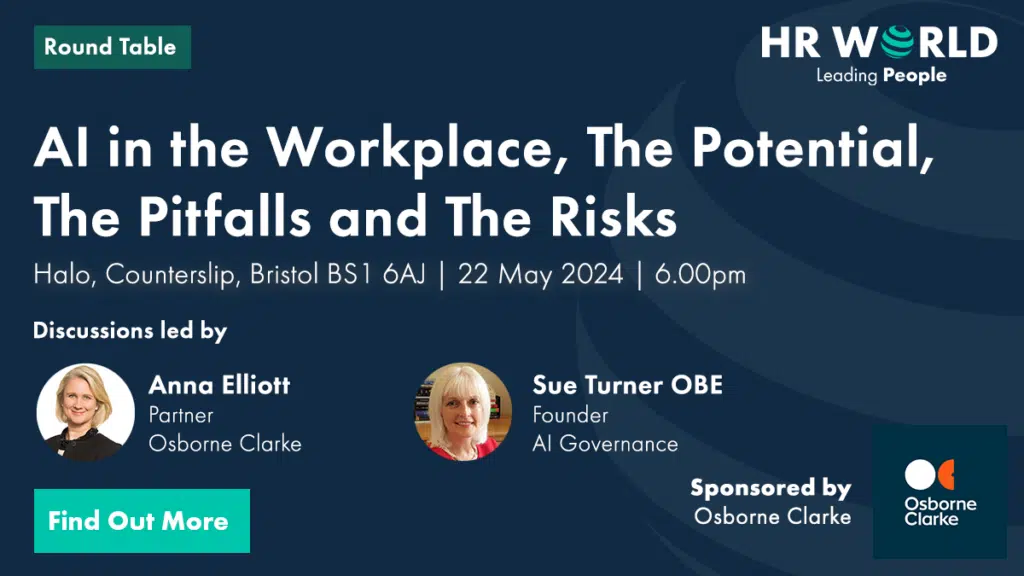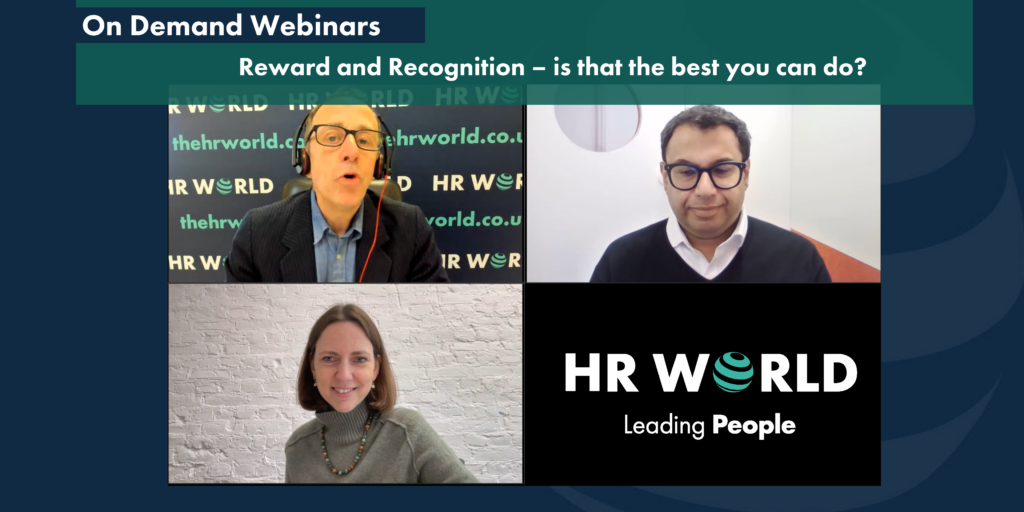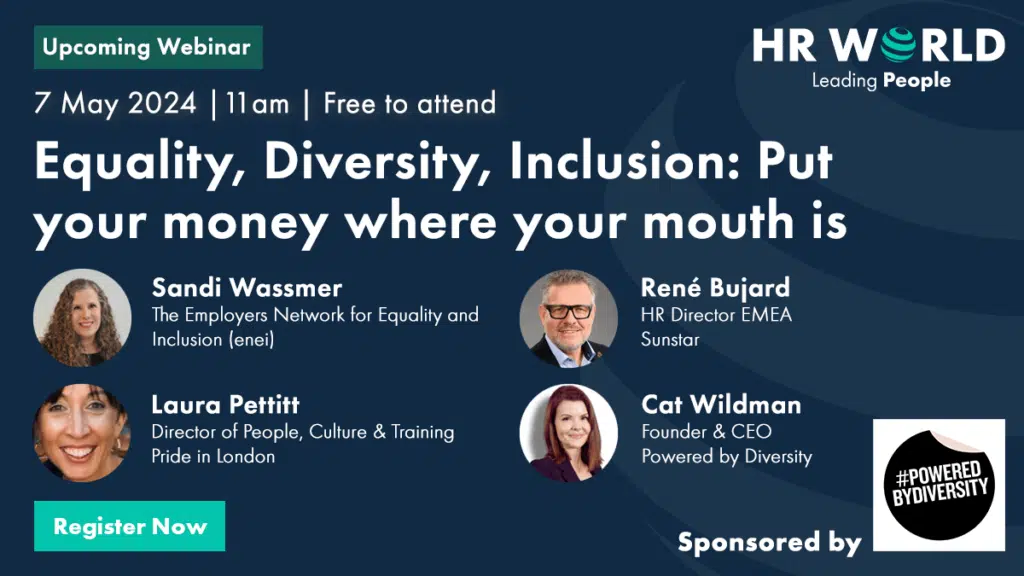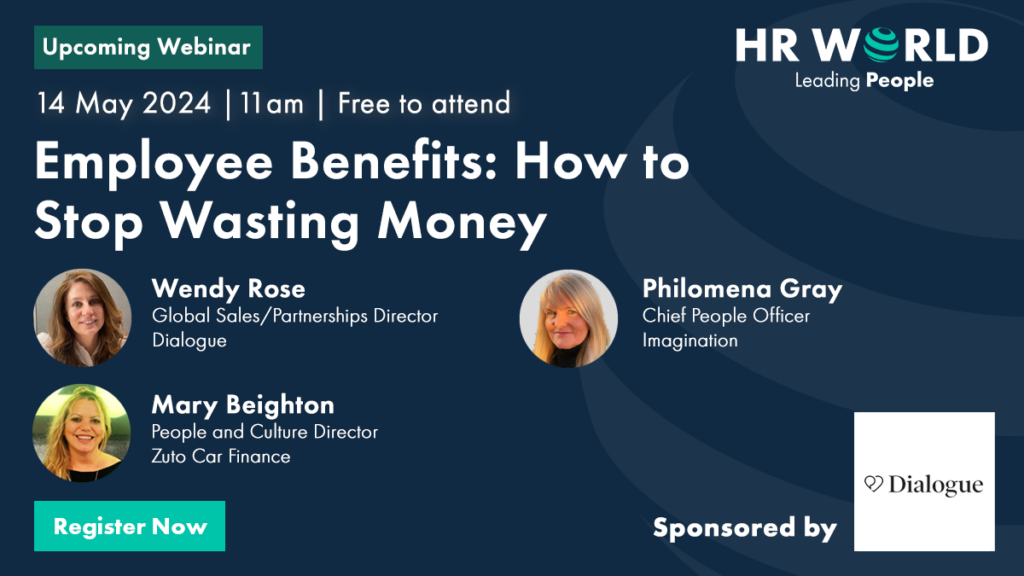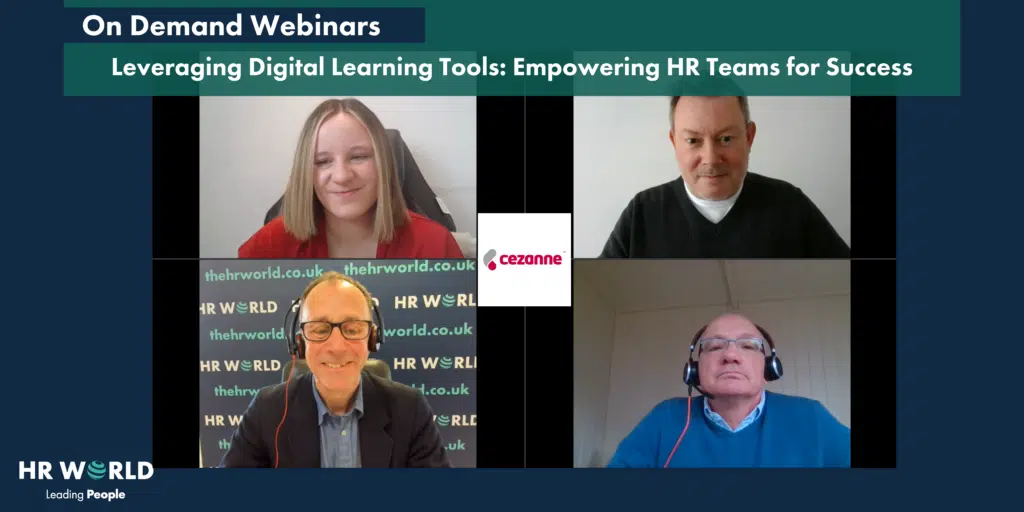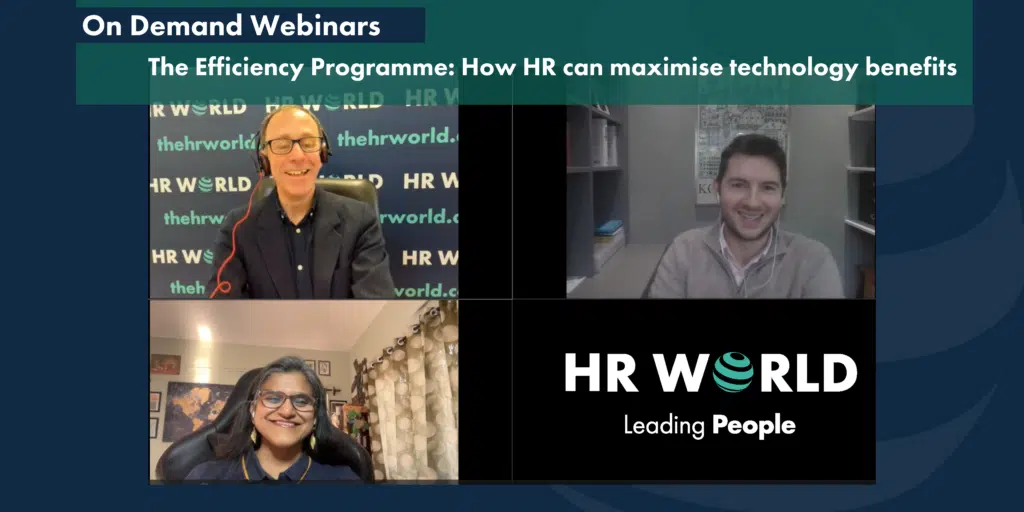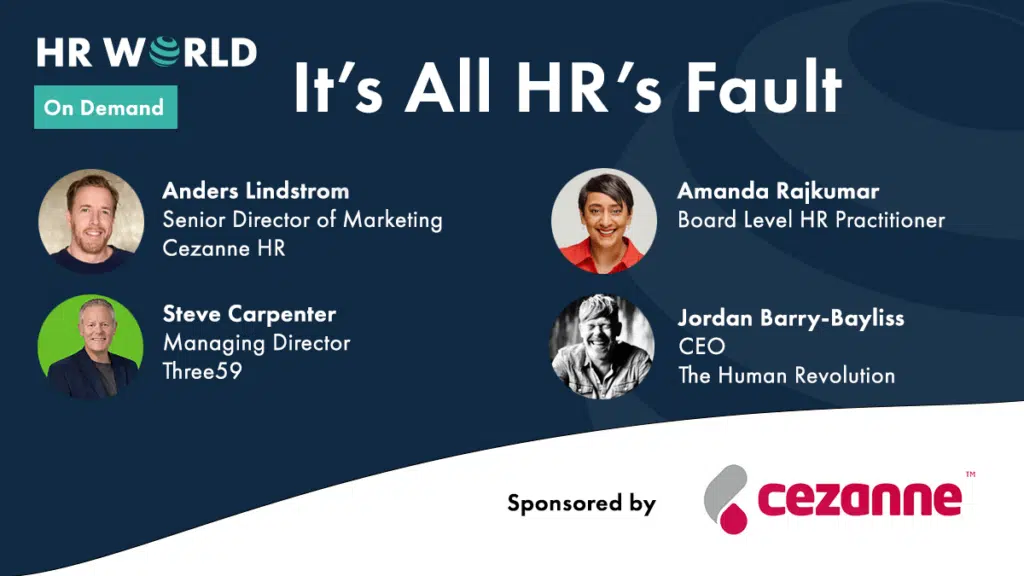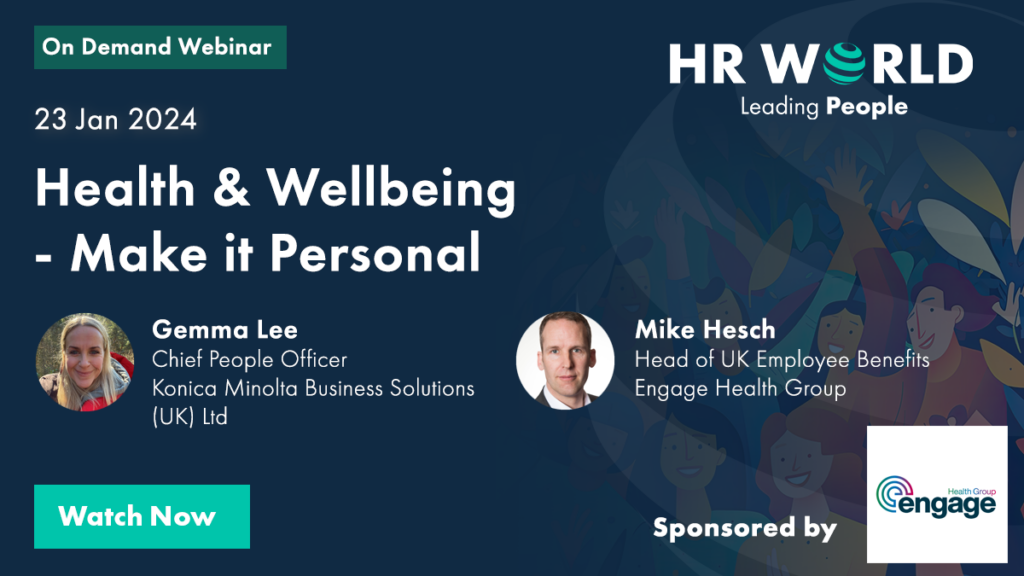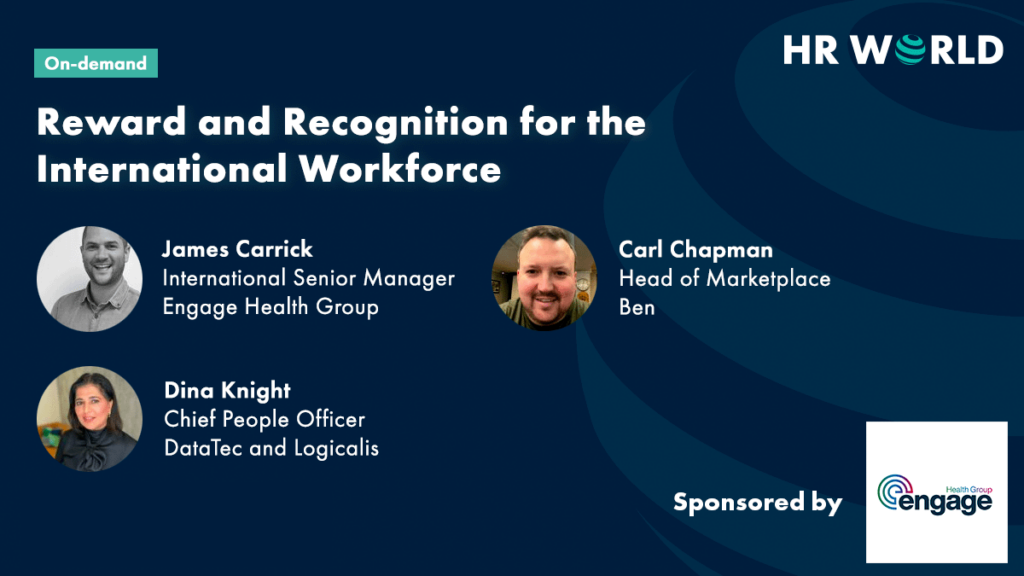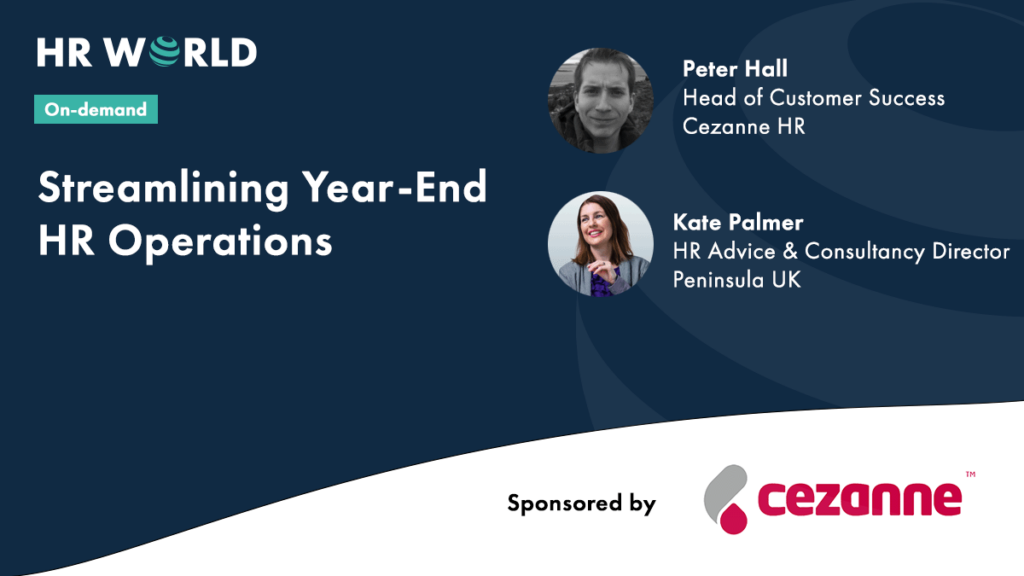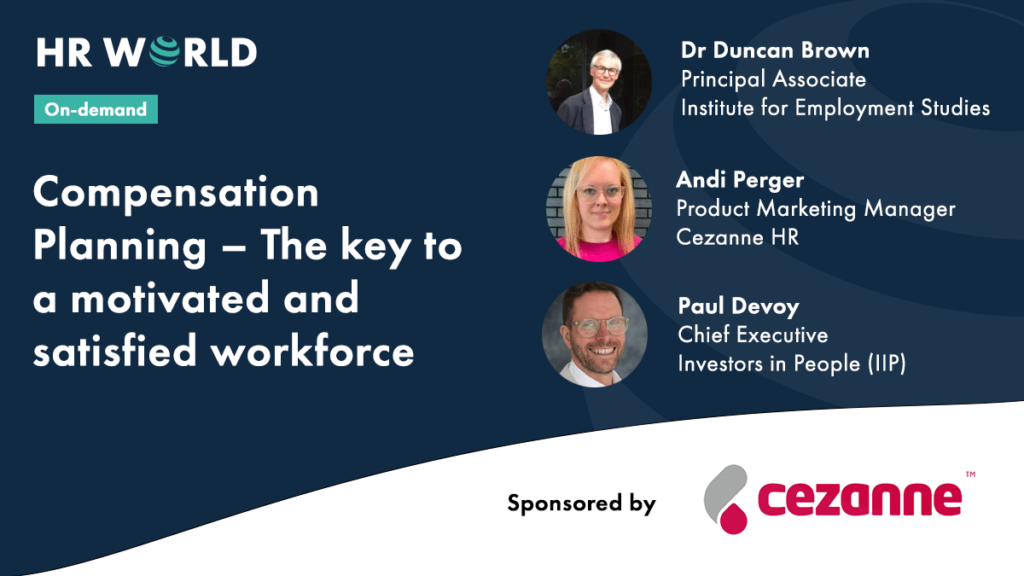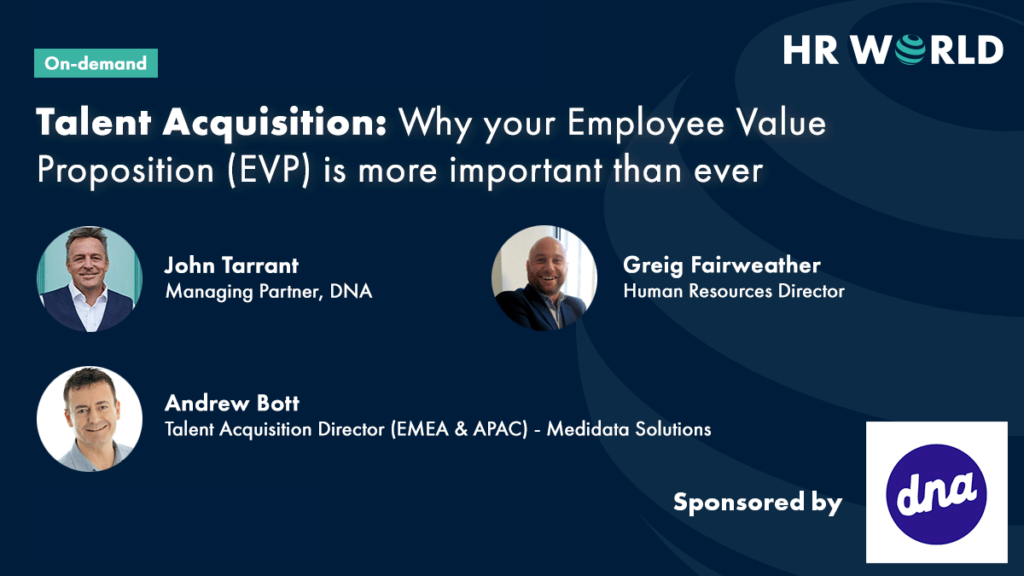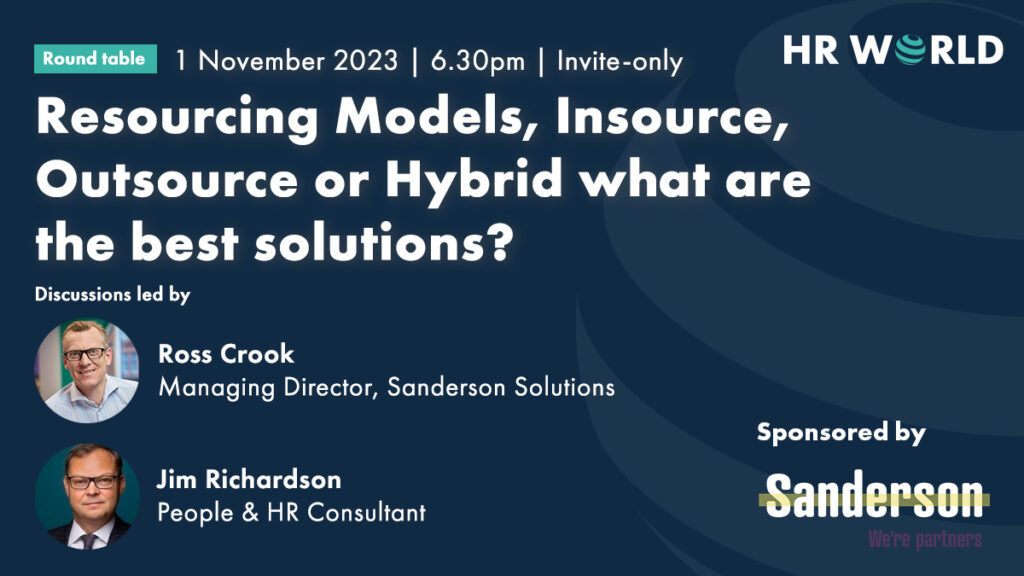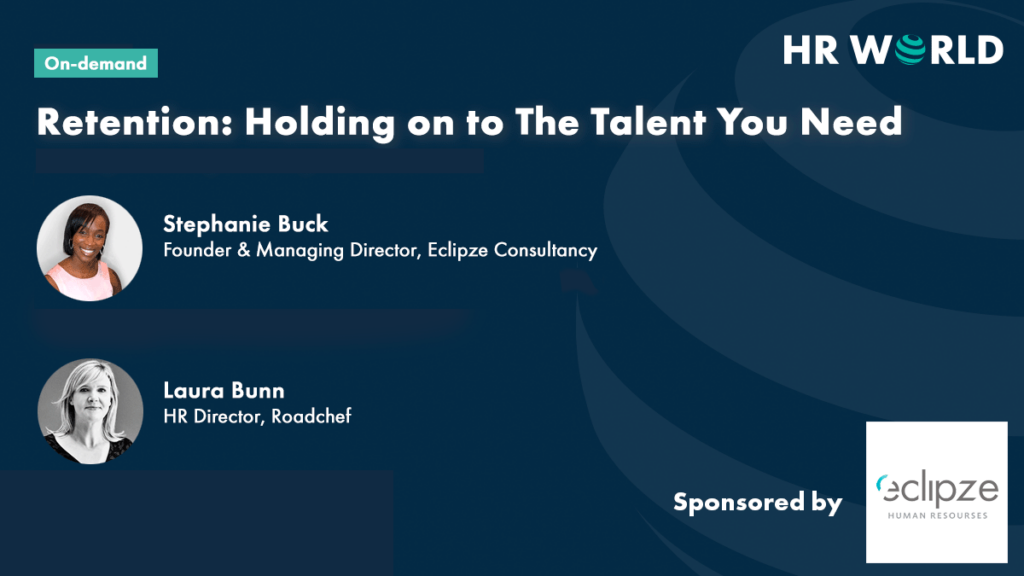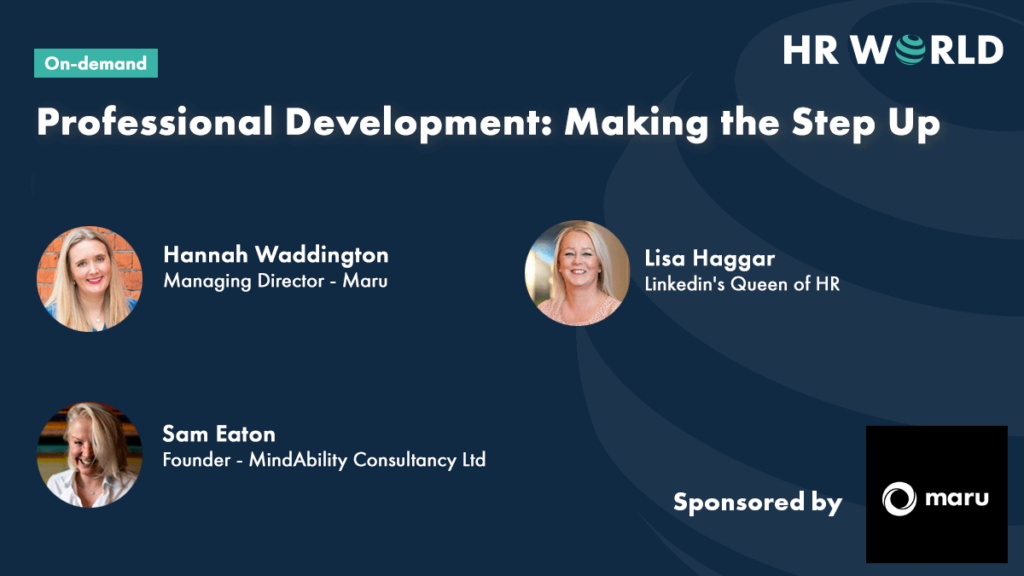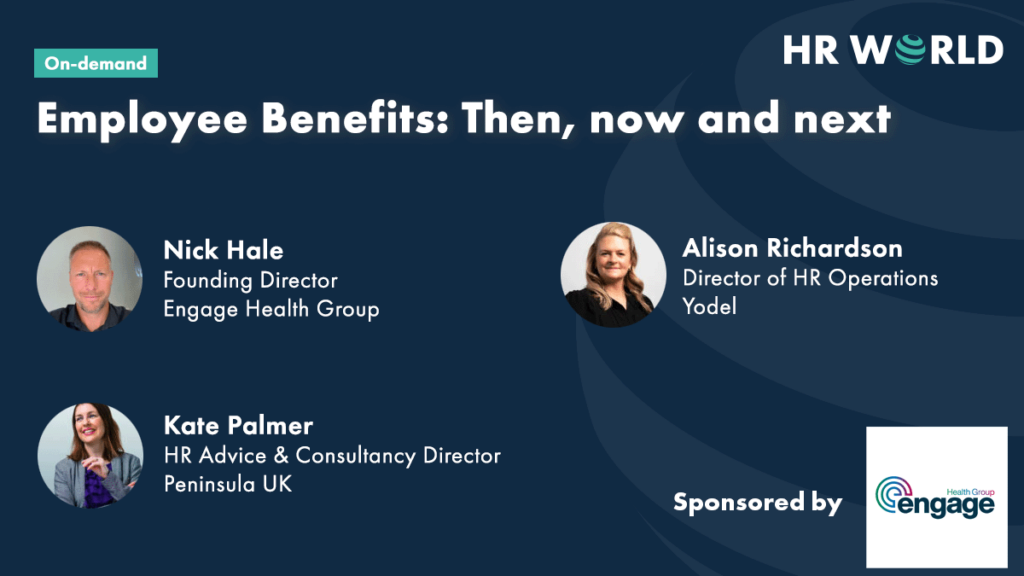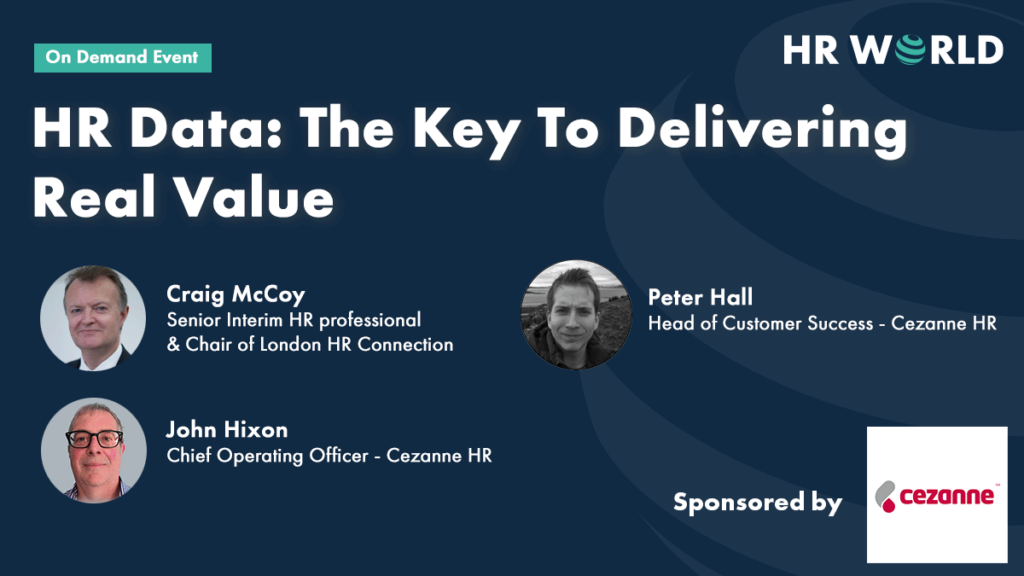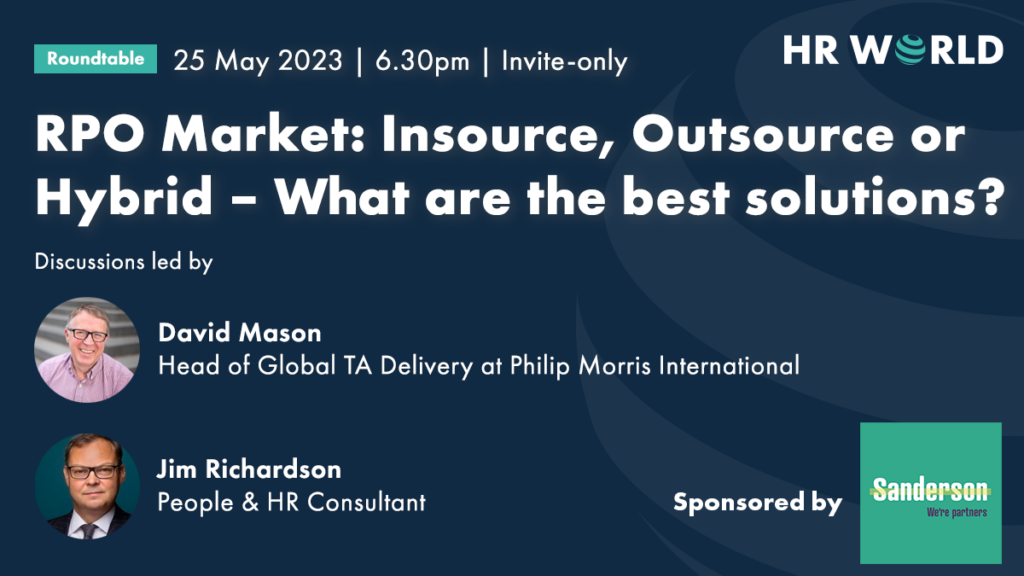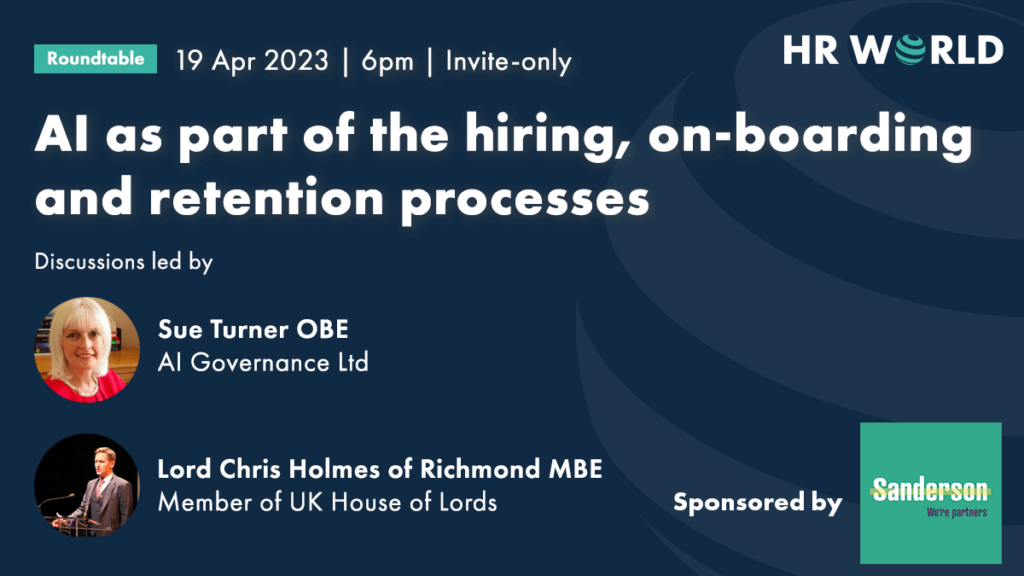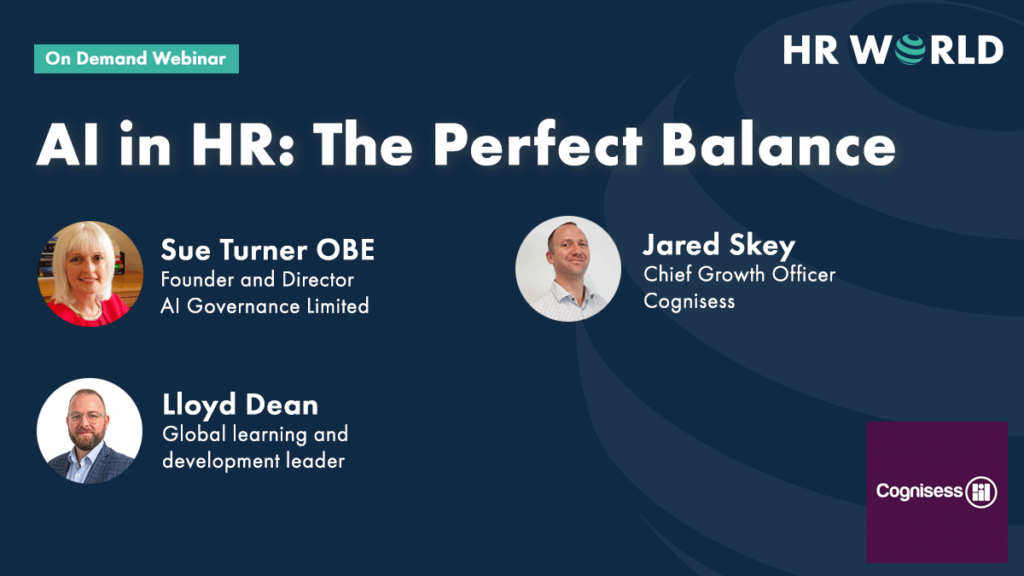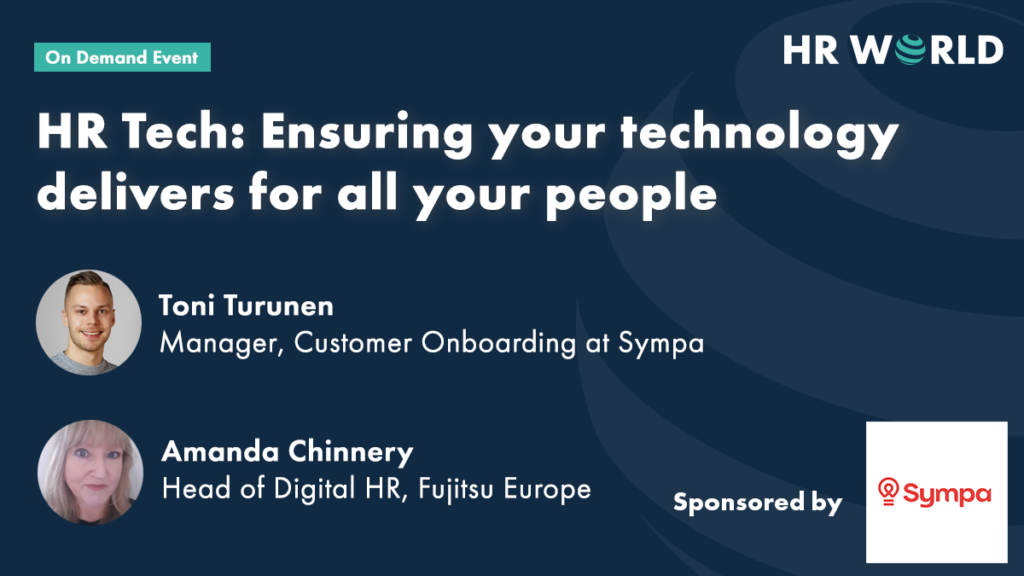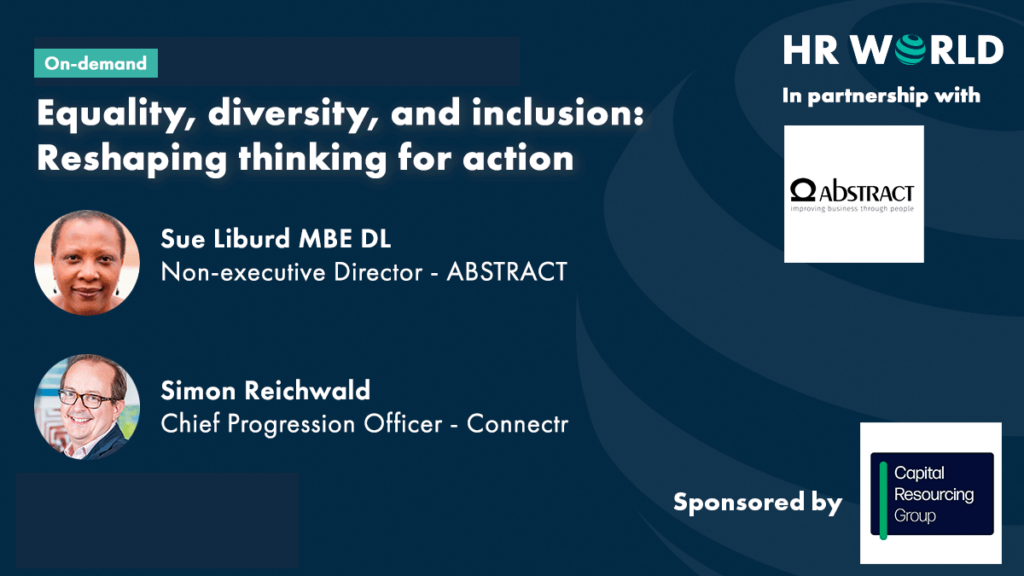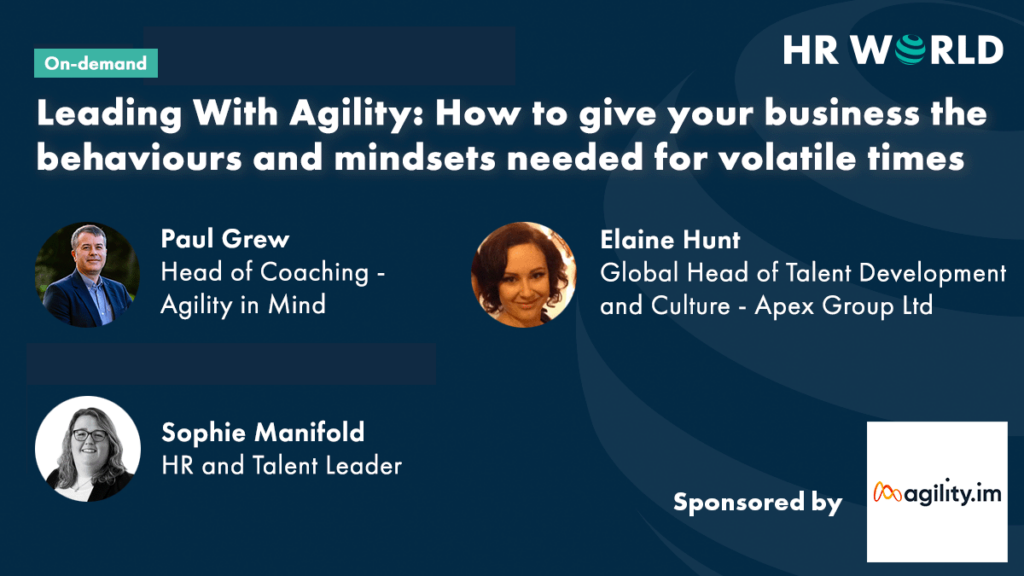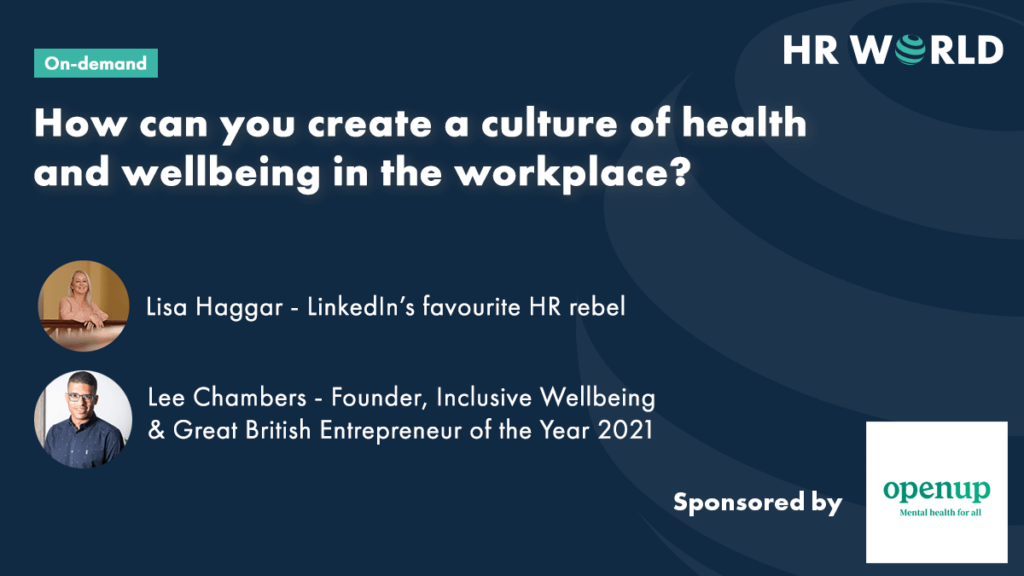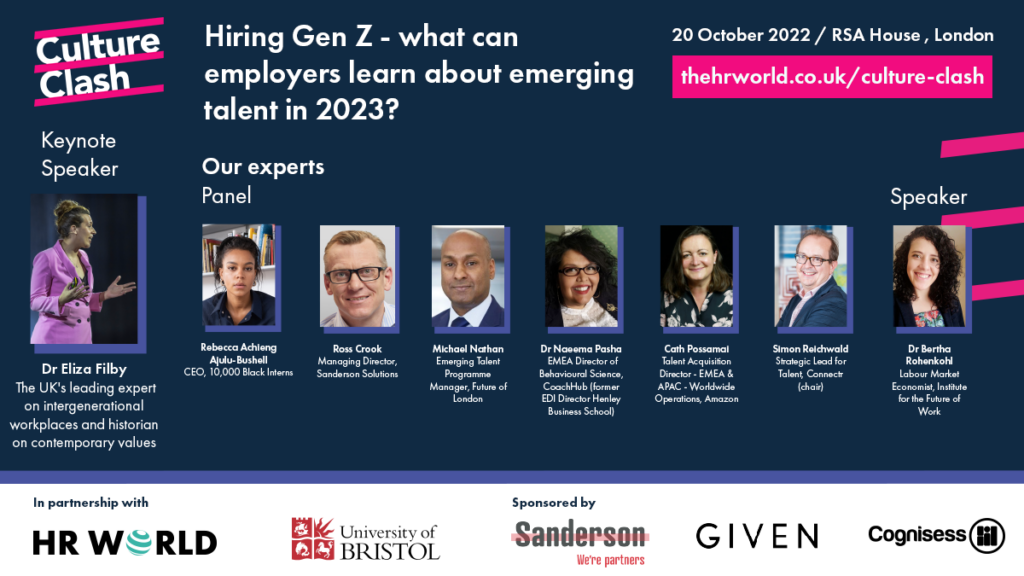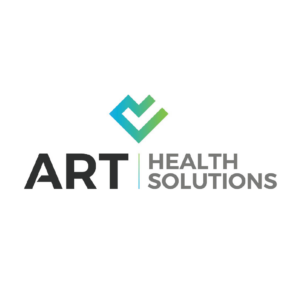Home » Knowledge Hub » Workplace Culture » How managers can lead by example to protect employee physical and mental health
How managers can lead by example to protect employee physical and mental health
11 October 2021 Workplace Culture

A culture of overwork is emerging, with long hours and constant exhaustion seen as a symbol of success.
Research shows employees are putting in an average 9 hours of unpaid overtime per week.
Despite the WHO revealing the impact of overworking can lead to exhaustion and burnout, why do many of us managing others still lead in this counterproductive way?
Romanticising ‘overwork’
There are many socio-economic factors associated with ‘overworking’, deeply ingrained in our workplace culture.
Of course, there are lots of practical factors connected to overworking and taking on as many tasks as possible that are thrown our way. Many, simply work long hours to keep their jobs, pay off debt, or so they’re first in line for that next step up the corporate ladder.
However, for many that adopt a culture of long, intense work hours, there’s a performative element involved. Overwork is often seen as a status symbol, signalling the pathway towards employee success. Businesses may overvalue those who undervalue work-life balance.
Whether we define this success by our job title, an ability to live a certain lifestyle, or even exhaustion that can be presented like an achievement award, the ‘romanisations’ of overworking remains prevalent.
Overworking also depends on the industry type and role you are in. For example, people in jobs geared towards helping others, like line managers, tend to work longer hours that can result in physical and emotional exhaustion.
The COVID culture
The COVID culture has not just seen employees overworking, but their managers and those above them too, as the pandemic has exacerbated negative work behaviours across all work hierarchies.
While working from home has its perks, it also means there is technology all around you 24-hours a day. There is not that clear delineation anymore between being at work in the working environment and being away from it at home
Individuals feel they are expected to be ‘always on’, and as a result, overwork. This is also associated with unhealthy behaviours including ‘bedmin’, where employees take their devices to bed with them and work until they fall asleep and then when they awake.
Economic instability also increased during this period, which drives many businesses to say, ‘we need to get more done for less’.
Sadly, mass redundancies and furlough schemes meant bigger workloads, tighter deadlines, and greater fears about job security. Subsequently, managers took on a lot of increased strain as they took on additional work of newly missing team members.
‘Putting your own life jacket on, before helping others’
The difficulty with overworking is that it can be a top-down issue. If overworking is ‘modelled’ from the top, then it will be ‘echoed’ below. As such it and can only be addressed by a fundamental shift at management levels.
One of the big concerns here is that many in leadership positions have convinced themselves there’s no problem with it. As a result, overworking and associated health issues spread to become a company-wide epidemic
Managers need to recognise that, not only they themselves risk burn-out and poor mental and physical health if they continue to overwork, but so do their teams.
What’s more, it’s not helping companies either. Workers who are experiencing an imbalanced state of well-being are 33 per cent more likely to want to seek a new job soon. In contrast, when an employee experiences a high level of well-being, this drops to 8 per cent.
Considering such findings, managers need to look at ways to protect their mental health and wellbeing, which can be mirrored to their teams, encouraging others to follow suit.
Starting strategies
Start small. Take those breaks. Make sure you’re taking all your annual leave, and delineate some time where devices are turned off, and you don’t look at them. Everyone needs some clear headspace and others need to know this is a company-wide expectation.
If you, as a manager, feel stressed, it is likely others on your team will feel the same. In fact, it’s likely their anxieties will be heightened. Take some time to assess the current working habits of those around you. Get a temperature check on how they feel about their workloads by running a few short, informal meetings, either online or in-person, so teams don’t feel further stressed.
There are unexpected benefits to caring for employees who feel shackled to their work. A team member will be loyal to you, as a manager, if you spot notice signs of distress or overwork and you encourage them to take that time out.
Managing mental wellbeing
Leading by example is all well and good, if you feel confident in doing so. If not, ask about the possibility of additional training like Mental Health Awareness, to help you notice the tell-tale signs of possible mental health issues in yourself and other team members.
You also need to be aware of the support offerings provided by your workplace. Liaising with HR and ensuring policies have mental health perspectives is important.
Effective workplace treatment combines physical offerings like private health assessments, onsite or subsidised gym memberships with emotional wellbeing support.
Company offerings like employee assistance programmes (EAPs) and cognitive behavioural therapy may be something to discuss as a permanent investment. For example, the presence of an emotional wellbeing therapist in the workplace communicates clearly that conversations about mental health are welcome and expected.
Digital or virtual therapy solutions can be effective too. Remember, for many people, the notion of sharing a vulnerability or admitting a problem, is a barrier in itself. However, some research suggests counselling conducted online is as effective as face-to-face sessions.
During 2020 Nuffield Health therapists delivered 3.7 million minutes of therapy remotely with outcomes comparative to therapy delivered face to face.
Physical health
It’s important physical health is not overlooked in workplaces where there are high stress levels and a culture of long work hours.
Evidence suggests that executives who look after their physical health are more effective leaders. Regular exercise increases the volume of certain brain regions—in particular, the hippocampus – which increases the brain’s ability to process new information.
This process creates more ‘space’ in the brain, helping individuals to subconsciously process and manage negative behaviours and habits caused by stress and anxiety.
It makes sense. The less anxious you are and the better you are at reacting to the circumstances around you, the better you’ll work under pressure.
Managers should look for gaps in their routines where they could replace something sedentary with exercise. Why not try shaking up work routines with activities by organising walking work meetings? These can make gatherings more efficient as employees are less like to become lethargic during a brisk walk.
As restrictions begin to lift, take advantage of any offerings from your company like discounted or free memberships to local gyms, classes or taking part in a sponsored workplace group in a charity event like a fundraising run. Encourage people to join you, to increase physical activity across your teams.
For those working from home, continue to offer level of flexibility for when people exercise. This is so employees feel comfortable exercising when it is convenient for them. It’s important those who began a fitness routine at home do not stop because they feel guilty working out when others are in the office.



